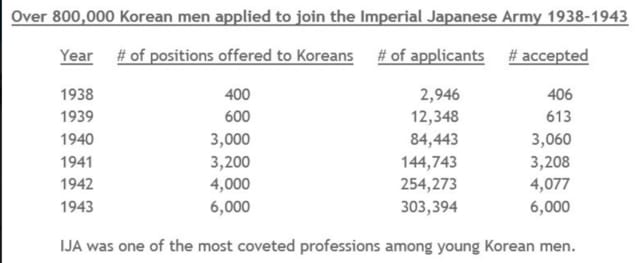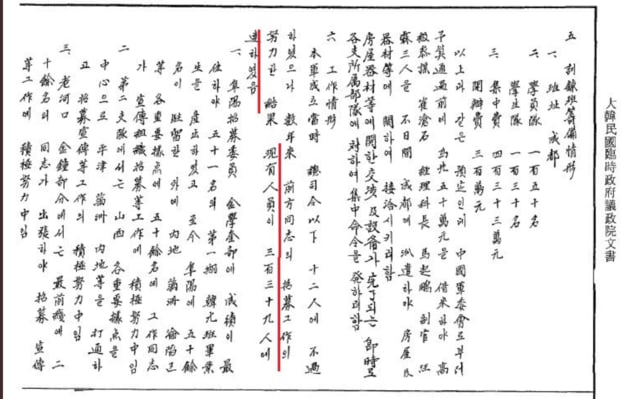America's Dirty Secret in East Asia
via 古森 産経
the United States has long played favorites between the two
It is Alexis Dudden who has long played favorites with South Korea; She is a hypocrite.
Japan and South Korea have a similar sex trafficking system during world war 2 and the Korean war.
Must Read: America's comfort women 1
Korean pimps recruited Korean women for the Japanese military and the U.S. military; the women were forced to work as prostitutes.
S.Korea gov.has never faced up to history.
Ex-South Korean 'comfort women' for U.S. troops sue own government
REUTERS

Justice for Lai Dai Han accused Korean soldiers of thousands of rapes against Vietnamese women.
REUTERS

Justice for Lai Dai Han accused Korean soldiers of thousands of rapes against Vietnamese women.
Alexis Dudden, though she claims to be a historian, has never discussed the tragedy.
Neither South Korean nor Japanese officials point a finger at the United States for their dispute, and yet they should.Dudden should also point a finger at the United States for exploiting Asian Sex Slaves.
Some historians estimate that between 700,000 and 800,000 Koreans were forced to work in Japan during the war, often under horrible conditions.
Nor did he consider how the era of Japanese colonial rule bred divisions within Korean society — independence movements, anti-Japanese insurrectionsReally ?
Over 800k Koreans applied to join the Japanese Army. (17,364 accepted) The Japanese Army was one of the most coveted professions among Korean men. Considering coal mines were much safer than battlefields what makes you think Japan needed to force Korean men to work in coal mines?
Meanwhile only 339 Korean men joined the Resistance Army. That's the ratio of 800,000 pro-Japanese to 339 pro-Korea thanks to unprecedented prosperity under Japan's rule during which population & average life span of Koreans doubled & GDP per capita of Koreans increased fivefold.


Meanwhile only 339 Korean men joined the Resistance Army. That's the ratio of 800,000 pro-Japanese to 339 pro-Korea thanks to unprecedented prosperity under Japan's rule during which population & average life span of Koreans doubled & GDP per capita of Koreans increased fivefold. pic.twitter.com/Cr7KONIvMk— H.S. Kim (@xcvbnm67890) 2019年7月12日
In May 1964, Robert Komer, a staffer on the National Security Council, wrote to the national security adviser McGeorge Bundy with an idea for a new approach (couched in familiar derogatory terms): “We’ve got to find someone to share the long-term burden, and it’s logically the Japs.”It is "Jap" who has been forced to share the long-time burden.
Eager for a quick resolution, it pushed aside some of the thorniest issues, such as whether Koreans could seek compensation for forced labor.
But even former South Korea president agreed that it should be South Korea who needed to take care of the laborers' claim.
In 2005, the administration led by President Roh Moo-hyun concluded that the compensation payment was covered by Japan's "economic cooperation" grants, loans and other funds that were paid to South Korea for the settlement of problems stemming from property and other claims under the 1965 treaty. And Moon Jae-in, the current president of South Korea, was deeply involved in this matter as a high official at the time.
The 1,200 pages of documents show that South Korea agreed never to make further compensation demands, either at the government or individual level, after receiving $800 million in grants and soft loans from Japan as compensation for its 1910-45 colonial rule.
0 件のコメント:
コメントを投稿